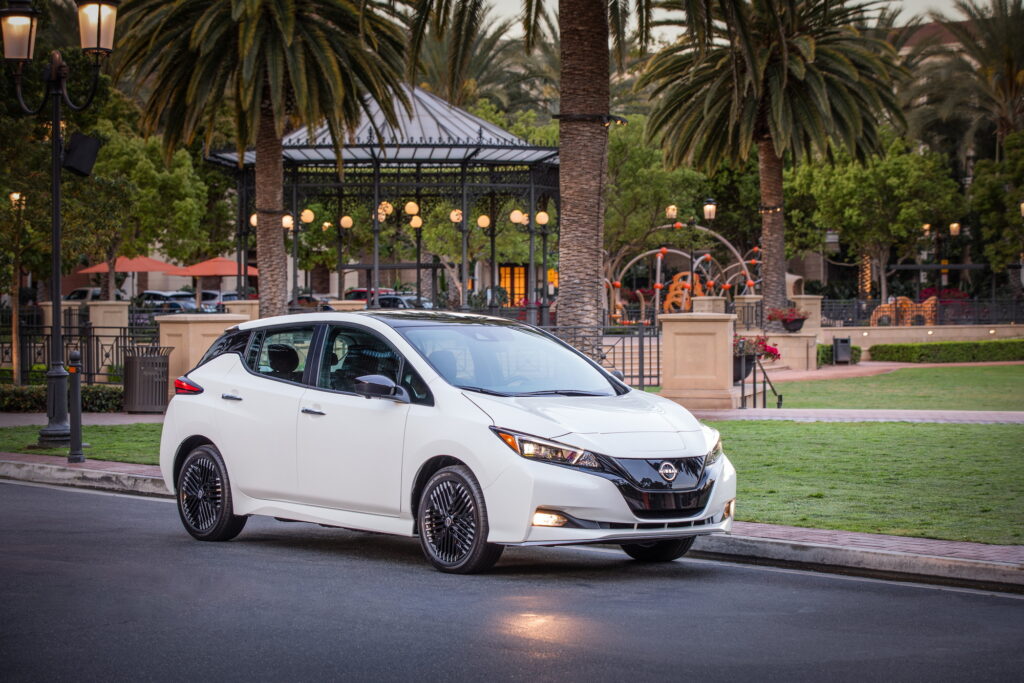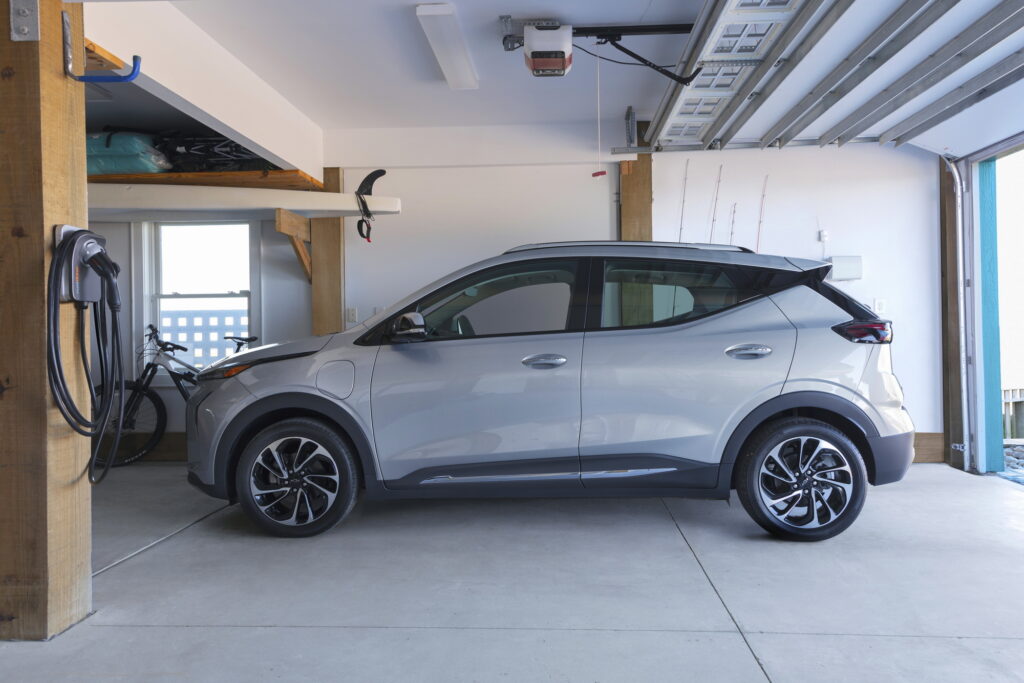In a landslide decision, the Texas House approved a $200 annual fee for owners of electric vehicles. Now, the bill will be handed to Governor Greg Abbott for final approval before being passed into law.
The bill, which passed 145-0, looks to replace the gas tax the drivers of conventional vehicles already pay. Money raised from the gas tax helps pay for roads and other infrastructure, making it an important pool of money for Texas, reports The Dallas Morning News.
In 2015, Texas raised $3.4 billion with the tax, which adds another 20 cents per gallon to the price of gasoline and diesel. That made it the fourth-largest source of tax revenue for the state, which does not charge an annual income tax for individuals.
Read: Washington State’s Radical Per-Mile Fee Proposal To Replace Gas Tax And Account For EVs

However, while most agree that an annual fee for EV drivers is fair, critics say that $200 is too high. A Consumer Reports study found that the owner of new internal combustion vehicles in Texas pay an average of just $71 per year.
Luke Metzger, the executive director of Environment Texas, is one of those critics, and says that the fee introduced by the bill would be too high. He argues that it’s not fair for EV drivers to be charged so much, and that since the gas tax hasn’t been raised since 1991, it should be raised.
“If there’s a $200 fee, the driver of a Nissan LEAF, which is efficient, might be paying as much as a driver of a gas-powered Hummer, which is ridiculous,” Metzger said. “Really, the driver of a Nissan LEAF is providing great benefits to the state of Texas in terms of cleaner air, and has much less impact on the road than a Hummer. But they’d be paying the same fee.”
However, proponents of the bill argue that since the majority of electric vehicles are in the premium segment, buyers are mostly affluent. That means that they can afford to pay $200 per year to register their vehicle.
While Metzger allows that the fee won’t “kill the EV industry,” he argued that it might “dampen the opportunity and slow the transition.”





